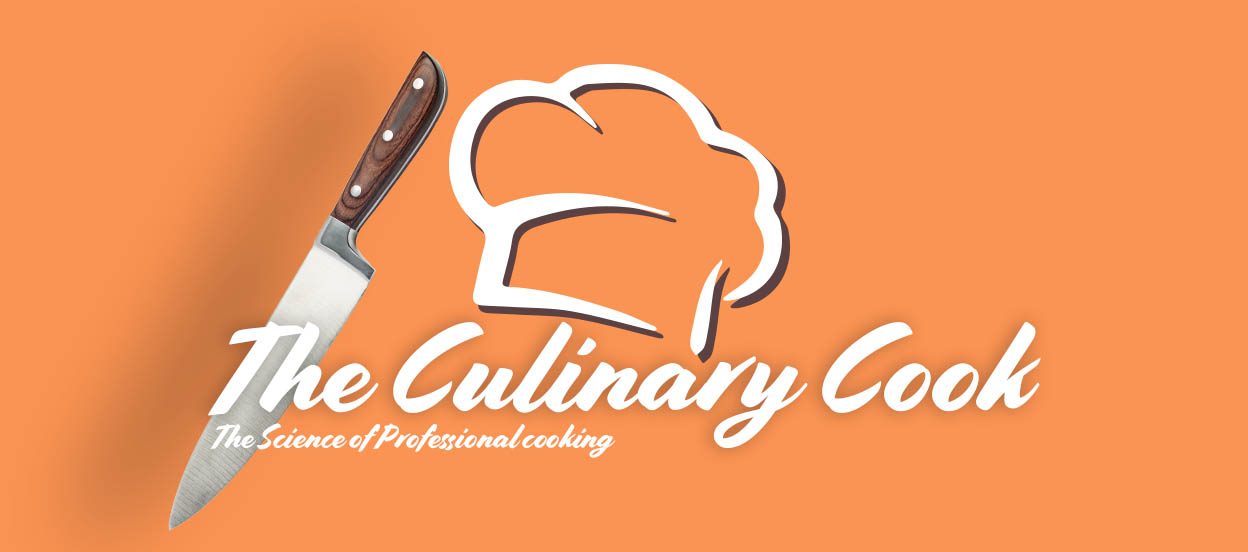Top 8 Mistakes Amateur Cooks Are Making
1. Cutting With a Dull Knife
When I first began cooking in kitchens, I found that almost all of the knives that I used would be terribly dull. This would cause a lot of issues with the food that was being prepped, with tomatoes being squished instead of sliced. This caused many of the cooks to apply a great amount of pressure on the knife when cutting, which can cause knife accidents. A dull knife is a dangerous tool. Always keep it sharp and avoid the slips that could severely cut you. A knife’s edge should do the cutting and you should only have to apply minimal pressure.
2. Cooking at too high or too low temp
Finding the right temperature is an important instinct to have as a cook and is something that you will learn as you go. What I see is that cooks unfamiliar with high heat will burn food or overestimate the heat and undercook food. Know what your intended cooking method is before you begin. If it’s a pan sear, you want your temperature to be higher. If you have a large item being cooked through, you’ll want a lower temperature for a longer period of time. High heat is applied to smaller quicker items, so prep your ingredients accordingly beforehand.

3. Not prepping beforehand
Prepping on the fly is probably one of the worst ways someone can cook. Not only does this add additional stress, but it opens you up to missing key time frames and can cause you to burn or overcook between steps. Always read the recipe fully beforehand, and prep accordingly.
4. Creating recipes by volume, not weight
You will see a lot of recipes on your journey that list their recipes by volume. It is something that I don’t necessarily like for several factors. One, a cup of flour can vary widely depending on the person. Some use heaping, some compress. The actual weight can vary by up to 10% every time, which can mess up your consistency. Especially when baking, you should always be using weight whenever possible.
5. Using the wrong tools
The proper tools can mean the difference between failure and success. If you do not have a strainer, it will be very tough to strain a stock. Not only that but if you start bootstrapping your toolset you can lose the intended goal of the recipe. While a ricer might be called for in a certain recipe, it would be difficult to achieve the same result from other methods such as grating. Small differences can be the difference between a successful recipe or a failed recipe.
A good cook .. cannot turn terrible ingredients into good food.
6. Ignoring Cooking Signs
In cooking, we have several signs we use to determine the doneness of our foods: sight, touch, time. Ignoring any of these signs due to uncertainty or inexperience can have terrible consequences. Always be sure to know your cooking signs and trust your instinct.

7. Estimating Recipes
This is usually one of my biggest pet peeves when it comes to overconfident cooks. Estimating major aspects of a recipe should never be done. What makes us professional cooks is our consistency and knowledge application. I’ve seen far too many cooks winging the recipe and having disastrous results. If you think recipes by volume is bad, this is the far worse!
8. Cooking With Substandard Ingredients
Any cook worth their weight realizes that you are only as good as the ingredients you cook with. While a good cook can make an economical cut of proteins taste amazing, they cannot make terrible ingredients into good food. Always source the best produce, the highest quality meats and make that your standard. Don’t compromise otherwise you will compromise your end product.
Attention readers! Be sure to check out our Store to check out our awesome cutting board. You have to see it to believe it!



